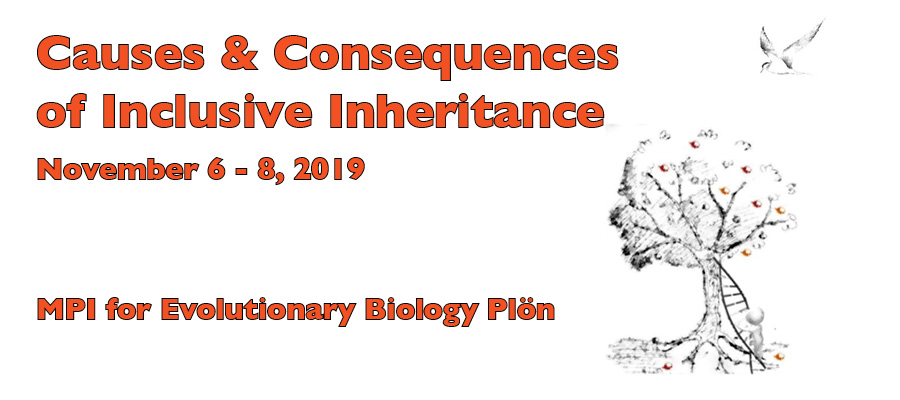Speaker
Description
Non-genetic inheritance (NGI) deals with inheritance mechanisms apart from DNA. Candidates for germ-cell mediated information transfer between generations are modified histones, DNA methylation, and small RNAs. These mechanisms are evolutionarily conserved. In addition, the heritability of environmental information in plants and animals has been demonstrated. Together, this has inspired a lively debate on the relevance of NGI for human health and evolutionary processes. However, answers universally satisfactory for medicine, ecology, and evolutionary biology have not yet been derived. Therefore, evolutionary biologists, ecologists, and molecular epigeneticists have joined forces to compile fundamental mechanistic knowledge on NGI, to derive conclusions on the role of NGI, and to develop recommendations for experiments and models. We find that knowledge of fundamental properties of the molecular machinery raises critical questions on the relevance of epialleles and suggests the introduction of an “information cloud” view. It also questions the relevance of long-term inheritance of a particular epigenetic mark and suggests the adoption of a “relay race” view of multiple pathways. A mechanistic approach reveals an inseparable entanglement of genetic and non-genetic aspects and thus resolves a point of debate in evolutionary biology: NGI is inextricably genetic and non-genetic at the same time. Finally, the study of molecular mechanisms reveals comprehensive species-specificity. This makes a unifying answer on relevance of non-genetic inheritance phenomena unlikely, and suggests a thorough reconsideration of the choice of animal models. Our findings have clear implications for experimental and modeling approaches in ecology and evolution. We assume that the inclusion of a mechanistic perspective will make both approaches more powerful and meaningful, and provide precise recommendations on how to proceed.

